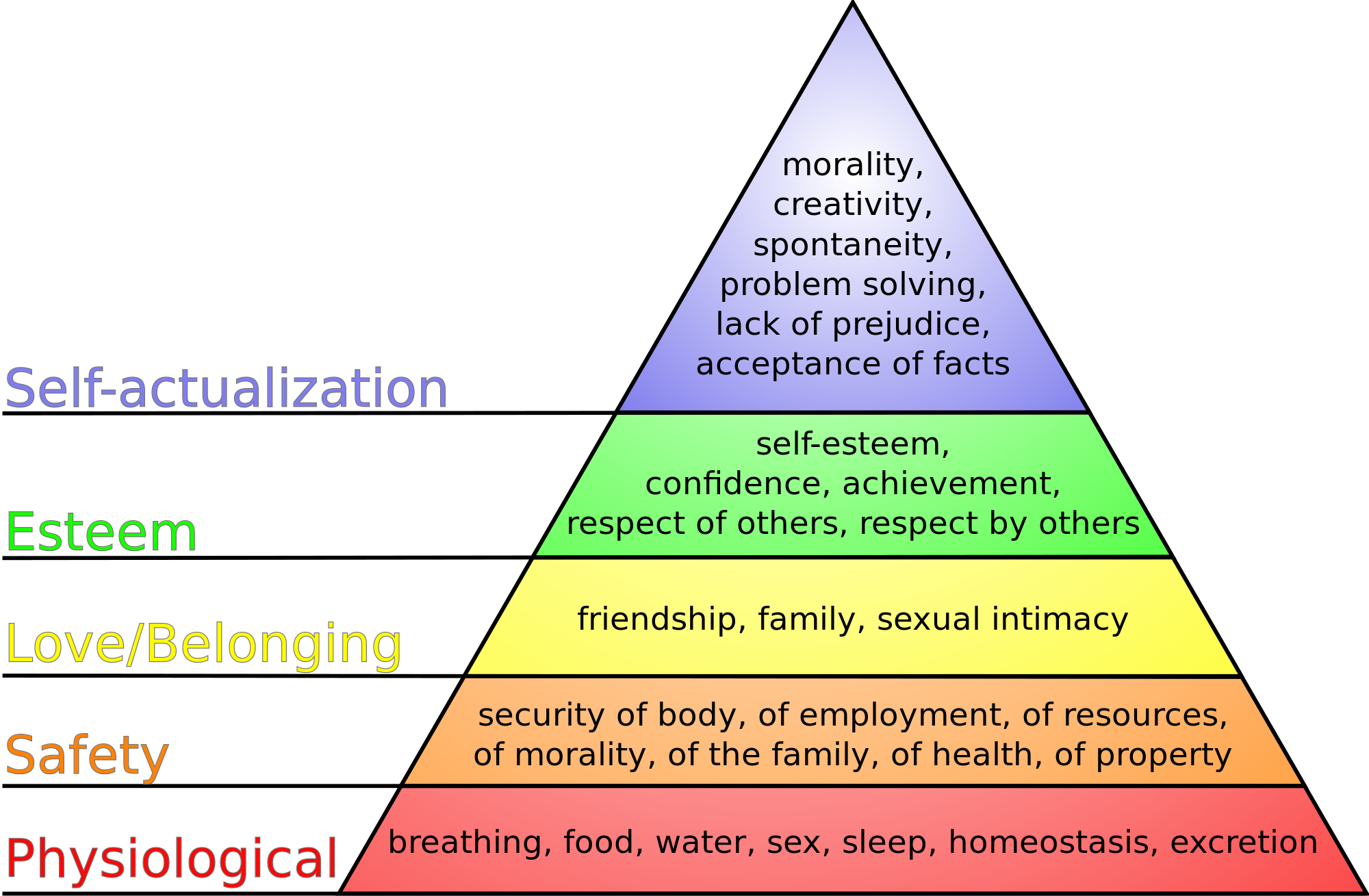One way to be viewed as an expert is to specialize in helping particular types of people - in other words, a niche. People can be differentiated by various characteristics. For example:
Demographics - People of a specific age range, occupation type, marital status, education, income level. If you really enjoy working with adolescents or with business executives or with couples, you would target your marketing to one of those groups.
Types of problems - Depression, anxiety, marital problems, work performance, chronic illness, educational difficulty, etc. If you prefer treating people who have specific types of problems, you would write and speak about these problems often, building your brand as the go-to expert in your community.
Demographics/problem area combined - By marketing to a specific demographic with a particular type of problem you can have a very focused niche - for example: dancers with eating disorders, gay couples with relationship problems, or cardiac patients with anxiety.
Emotional needs - Another way to specialize is to appeal to certain types of needs across or within demographic groups and problem areas. Theories of psychological needs were developed by scholars many decades ago, and are still relevant today. One of the simplest models is Maslow's hierarchy of needs:

Here are some ways in which you might work with each of these groups:
Physiological needs:
People who are insecure in their physiological needs are not usually candidates for psychotherapy, as their priorities focus on survival. However, you can work with disaster relief agencies as a trainer or in some other expert capacity. You may not get paid, but there is great satisfaction in helping those whose lives have been disrupted by catastrophic events. And in the process, you may have the opportunity to meet other volunteers and donors who can later refer clients to you or hire you for paid presentations and workshops.
Safety needs:
Many types of people at this level can benefit from mental health services: those affected by domestic violence, employees with workplace problems that threaten job safety or security, divorcing or divorced families with custody issues, and others whose day-to-day existence demands vigilance. Your work in this area can include evaluation, therapy, consultation, or training around issues of coping and developing action plans.
Love/belonging needs:
Much of our work addresses relationships with family, significant others, children, and close friends - even in individual therapy. Presenting problems include conflict, loneliness, jealousy and rejection. Don't underestimate your value in this area. A given client may view you as the only person in their life who has their back.
Esteem needs:
Feeling valued in close relationships is of paramount importance, but so is a sense of belonging to a larger community. Many people who have satisfactory home lives nevertheless suffer from feelings of personal failure or shame. They may feel that others judge them critically or that they somehow don't fit in. Presenting problems include anxiety, depression, and self-defeating patterns of thinking and behaving.
Self-actualization needs:
Some people at this stage may enter therapy for self-exploration. Others may seek help for dealing with situational problems that frustrate their momentum. Your work with such people will probably focus on helping them make decisions, be more productive, or get "unstuck."
How to market to different types of need
As with any marketing and advertising, your goal is to appeal to groups of people who are interested and ready to learn more about what you have to offer. You can reach them in a variety of ways, including writing, public speaking, social media posting and advertising.
When writing or preparing a community presentation, consider not just the demographics and symptoms of the people whom you want to help, but also the types of issues that might be running through their minds. These issues may provide clues to their emotional needs. In your communications, use examples that address these needs.
Thus, a blog post about marital conflict among couples might emphasize needs of love and belonging. A community presentation to parents of kids with learning disabilities might address needs of esteem.
Why market to people's emotional needs?
When you appeal to emotional needs in your marketing communications, people tend to feel understood by you. You will be viewed not just as an expert, but as a compassionate and caring expert.
Thus, when a prospective client is considering you vs another mental health clinician with similar credentials and experience, they will more likely choose you - even if your fee is higher, or if your office hours or location are less convenient.







